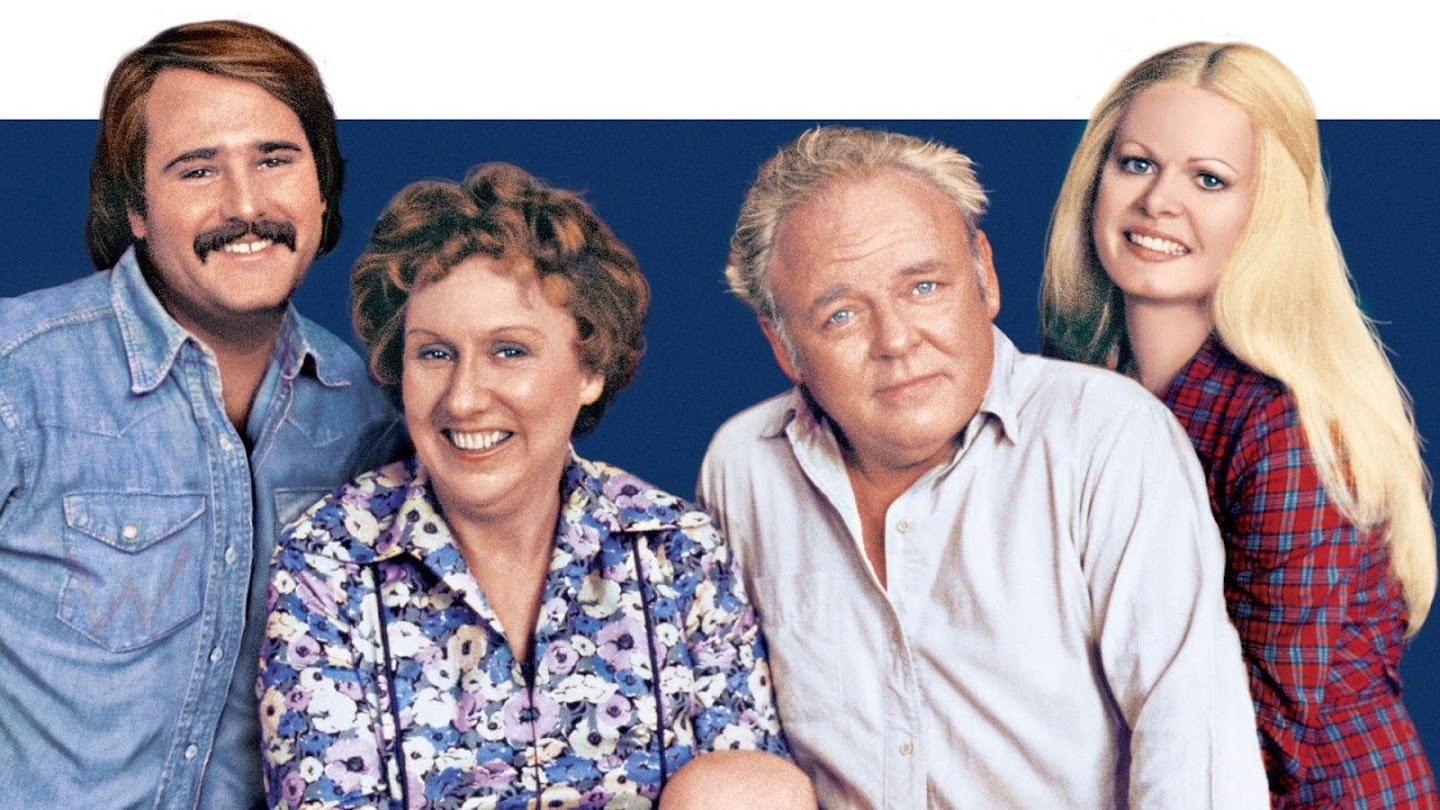
All in the Family is one of the most revolutionary TV shows in history. When it premiered in 1971, few could have predicted that this sitcom would go on to challenge societal norms, spark debates, and forever change the landscape of American television. With its groundbreaking approach to social issues, humor, and family dynamics, All in the Family was not just a sitcom—it was a cultural phenomenon.
The show starred the iconic Archie Bunker, a bigoted yet lovable character who, through his controversial views, became the face of All in the Family’s unapologetic commentary on race, gender, politics, and class. But what made this show so captivating? It didn’t shy away from uncomfortable topics. It brought racism, sexism, and class struggles into living rooms across the country, making audiences laugh, cringe, and reflect.
Archie Bunker was portrayed by Carroll O’Connor, whose performance as a working-class man with outdated views made viewers laugh and question at the same time. His interactions with his progressive daughter, Gloria, and her husband, the mild-mannered and idealistic Mike (also known as “Meathead”), highlighted the generational divide in a way that was both entertaining and thought-provoking.
From its clever use of satire to its portrayal of real-world issues, All in the Family was unlike anything TV had ever seen. It was the first sitcom to tackle controversial topics head-on, from Vietnam War protests to women’s liberation. This approach challenged the very essence of what sitcoms were meant to be—escapist entertainment.
Today, All in the Family remains a beloved classic, not just for its humor, but for the way it reshaped the television industry. In many ways, it paved the way for shows like The Simpsons, South Park, and The Daily Show, which continue to use humor as a lens through which to examine society’s flaws.
But perhaps what makes All in the Family even more powerful is how its relevance endures. Though the world has changed since the 1970s, many of the issues it explored are still very much a part of today’s social and political landscape. All in the Family was ahead of its time—and its influence continues to be felt in TV and pop culture.
